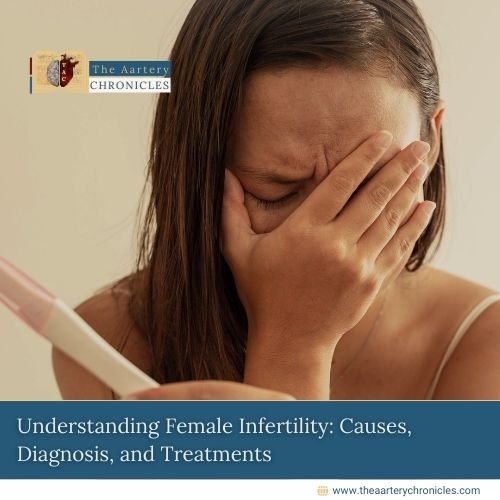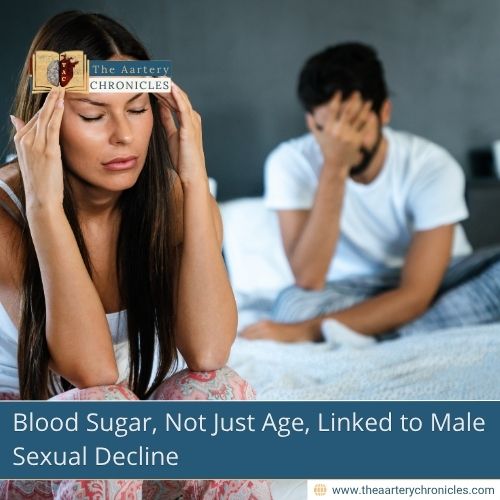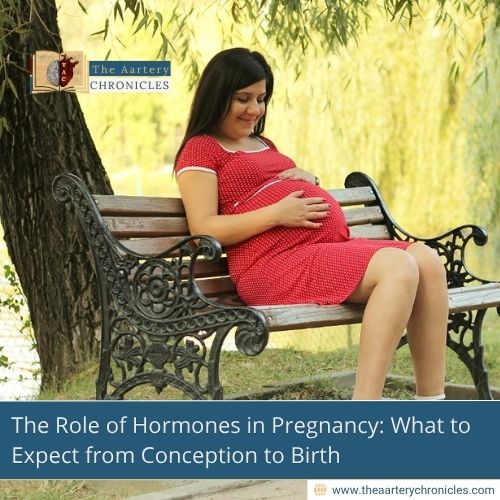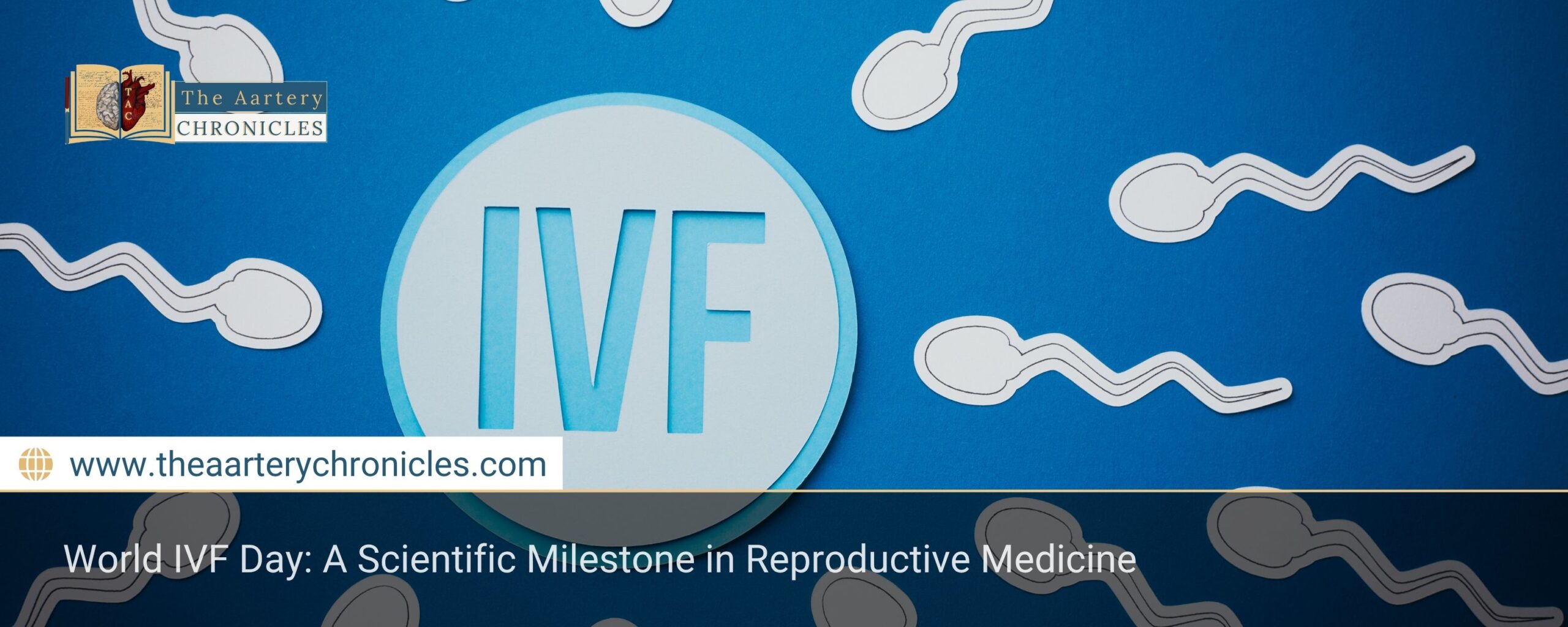
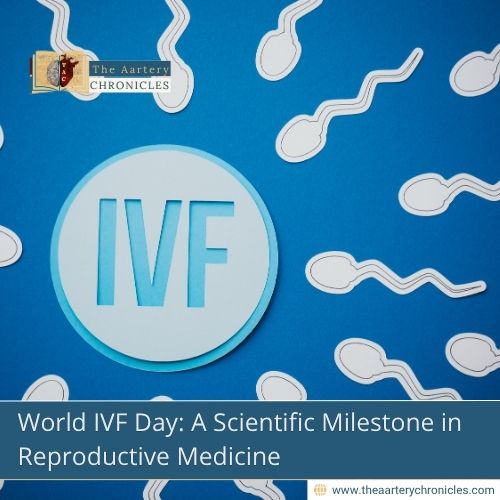
World IVF Day: A Scientific Milestone in Reproductive Medicine
Summary: World IVF Day celebrates the birth of the first IVF baby on July 25, 1978, marking a turning point in reproductive medicine. The article covers the science of IVF, its success against infertility, international advances, ethics, and assisted reproductive technology’s future.
Celebrating the Birth of Hope for Millions
Did you know more than 10 million IVF babies have been born since 1978?
World IVF Day on July 25 annually commemorates the day of birth of Louise Brown, the first IVF baby in the world. This day made history in changing the practice of fertility treatment and inspiring hope to millions of people with infertility problems.
This article delves into IVF science, its global impact, what is occurring in India, and assisted reproductive technology’s future.
What Is IVF and How Does It Work?
In Vitro Fertilisation (IVF) is a reproductive technology in which the fertilisation process takes place outside the human body.
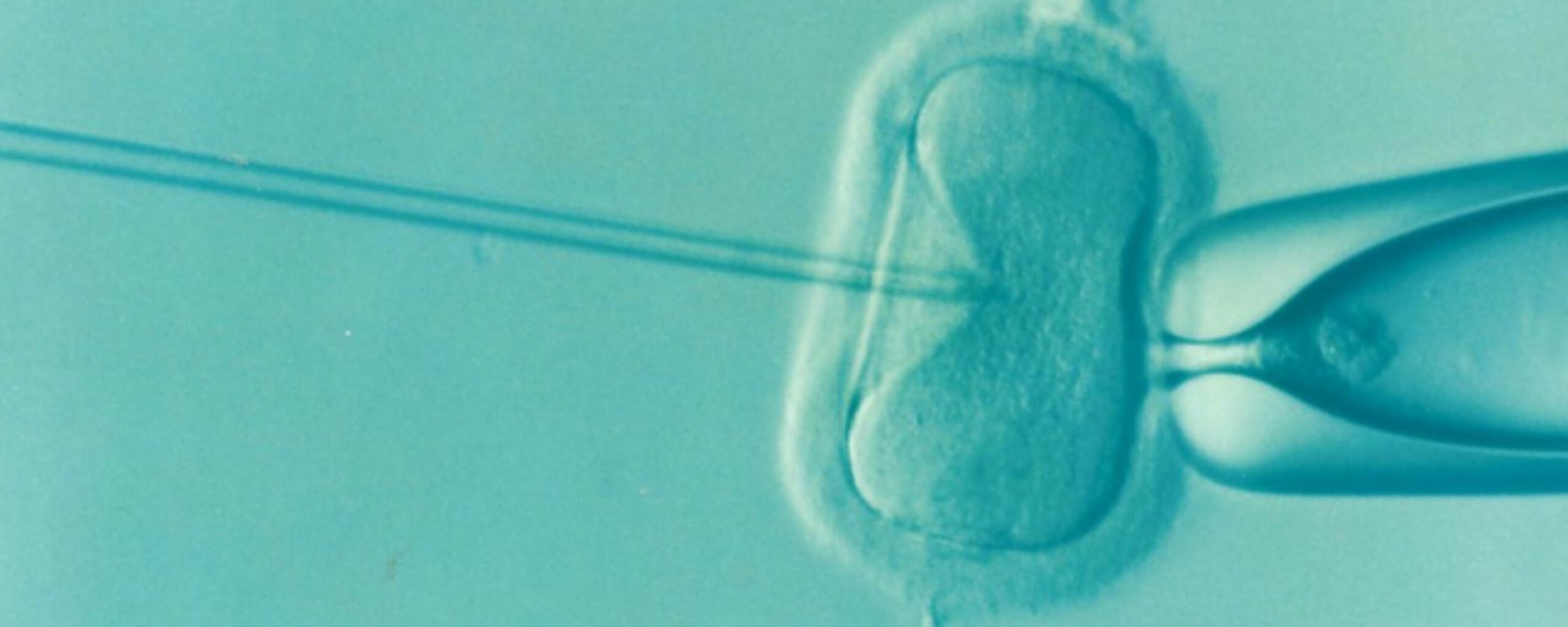
The process involves:
- Ovarian stimulation using fertility drugs
- Egg retrieval from the ovaries
- Fertilisation of eggs with sperm in a lab
- Embryo culture and selection
- Transfer of the embryo into the uterus
When successful, the embryo implants, resulting in pregnancy.
Global Infertility: A Rising Health Concern
According to the World Health Organisation, about 1 in 6 people globally experience infertility during their lifetime.
Causes include:
- Hormonal imbalances
- Ovulation disorders
- Male factor infertility
- Advanced maternal age
- Lifestyle factors and environmental toxins
IVF offers a scientific solution to many of these underlying causes.
IVF Success Rates and Global Reach
The success of IVF depends on factors like
- Age
- Embryo quality
- Clinical expertise
On average:
- Women under 35: Approximately, 40% success rate per cycle
- Women above 40: Approximately, 10–15% success rate
Over 2.5 million IVF cycles are performed globally each year, with IVF babies now accounting for 1–6% of births in developed countries.
IVF in India: Growing Access and Awareness
India is a rising hub for reproductive technology. The first Indian IVF baby, Durga, was born just 67 days after Louise Brown, through the efforts of Dr. Subhash Mukherjee in Kolkata.
Today, India sees:
- More than 300,000 IVF cycles annually
- A growing number of fertility clinics and ART banks
- Government initiatives to regulate ART through the ART Act 2021 and Surrogacy Act 2021
Ethical and Emotional Considerations in IVF
IVF offers hope, but it also raises ethical and emotional concerns:
- High financial costs
- Physical and mental toll on couples
- Risks of multiple pregnancies
- Discarded embryos and legal issues in embryo storage
- Equity and accessibility in low-resource settings
Informed consent, counselling, and regulation are essential for safe and ethical practices.
Future of IVF: AI, Cryopreservation, and Genetic Screening
Emerging technologies are transforming IVF:
- Artificial Intelligence (AI) improves embryo selection accuracy
- Cryopreservation allows fertility preservation in cancer patients and career women
- Preimplantation Genetic Testing (PGT) helps avoid inherited disorders
- Uterus transplants and stem cell-derived gametes are on the horizon
These advancements aim to make IVF safer, more accessible, and more effective.
"Each embryo we help create carries a story of hope, resilience, and science working at its finest. IVF is not just a treatment - it’s a lifeline."
Dr Preeti jain, Gynecologist Tweet
Conclusion: IVF as a Scientific Revolution in Fertility
World IVF Day honours not just a medical achievement, but a turning point in human history. IVF has helped over 10 million couples build families, breaking the silence around infertility.
As research progresses, the future of reproductive medicine looks increasingly
- Personalised
- Ethical
- Hopeful
References:
- World Health Organization. 1 in 6 people globally affected by infertility: WHO finds [Internet]. Geneva: WHO; 2023 Apr 4. Available from: https://www.who.int/news/item/04-04-2023-1-in-6-people-globally-affected-by-infertility-who-finds
- European Society of Human Reproduction and Embryology (ESHRE). ESHRE Annual Report 2023 [Internet]. ESHRE; 2023. Available from: https://www.eshre.eu/
- Centers for Disease Control and Prevention. 2021 Assisted Reproductive Technology Fertility Clinic Success Rates Report [Internet]. Atlanta (GA): CDC; 2023 [cited 2025 Jul 25]. Available from: https://www.cdc.gov/art/artdata/index.html
- Indian Council of Medical Research. National Guidelines for Accreditation, Supervision and Regulation of ART Clinics in India [Internet]. New Delhi: ICMR; 2021. Available from: https://main.icmr.nic.in/
- Meseguer M, Remohí J, Garrido N, Simón C, Pellicer A. Artificial intelligence in IVF: a need for shared protocols and data sharing. J Assist Reprod Genet. 2021;38(10):2393–400. doi:10.1007/s10815-021-02149-1
- Zhang Y, Chang H, Shi Y, Zhou Y. Advances in cryopreservation and fertility preservation. Lancet. 2022;400(10353):1234–42. doi:10.1016/S0140-6736(22)01508-9
- Treff NR, Forman EJ, Franasiak JM, Scott RT. Preimplantation genetic testing: Where we are today. Nature Rev Genet. 2020;21(7):440–51. doi:10.1038/s41576-020-0240-3
- BBC News. Louise Brown: World’s first IVF baby [Internet]. London: BBC; 2018 Jul 25 Available from: https://www.bbc.com/news/uk-england-bristol-44941704
The Wire. The Story of India’s First Test Tube Baby and Its Forgotten Pioneer [Internet]. 2017 Jul 25. Available from: https://thewire.in/health/first-ivf-baby-india-subhash-mukherjee

Dane
I am an MBBS graduate and a dedicated medical writer with a strong passion for deep research and psychology. I enjoy breaking down complex medical topics into engaging, easy-to-understand content, aiming to educate and inspire readers by exploring the fascinating connection between health, science, and the human mind.

